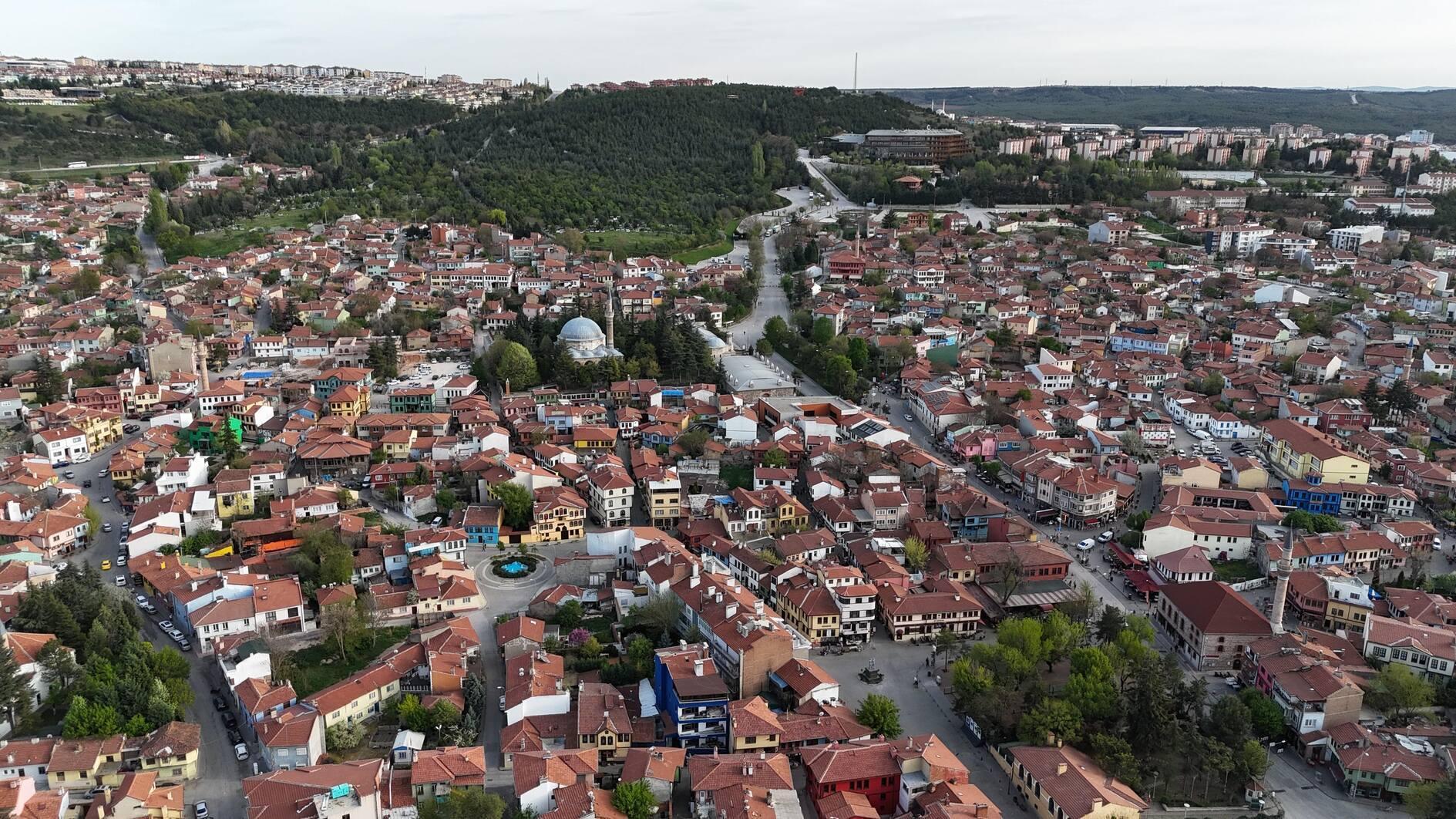MHP leader and recent history
The constitutional referendum once again turned the spotlight on opposition Nationalist Movement Party (MHP) leader Devlet Bahçeli for the role he played in Turkey’s political life.
The constitutional amendments, which will radically change Turkey’s governance system, entered the country’s agenda mostly because of Bahçeli’s political initiative that started with his call on Oct. 11, 2016.
However, not only this call, but when we review the course of significant political incidents over the past 15 years, we see Bahçeli’s decisions and the moves he has made at several critical breaking points causing the change in the riverbed.
While evaluating these breaking points, let us start with the Nov. 3 elections held in 2002. After Turkey overcame the 2001 economic crisis, this time, in the summer of 2002, health problems of then- Prime Minister Bülent Ecevit created a political uncertainty. There were one-and-half-years until the next elections.
Everything upended with a surprise suggestion from Bahçeli on July 7, 2002, in Bursa, where he called for early elections. Bahçeli’s suggestion was a total shock for other coalition partners. As a result of the MHP leader’s move, the elections scheduled for April 2004 were moved to a one-and-half-year earlier date.
There was another critical development that happened in the summer of 2002 that dramatically affected the outcome of the elections. When campaigns were nearing, the emergence of the Young Party (Genç Party) leader Cem Uzan started changing political calculations.
Right at this point, it was revealed that Uzan had obtained Jordanian citizenship without taking the necessary permissions as the law requires when a second citizenship is acquired. The Democratic Left Party (DSP) and the Motherland Party (ANAP) wings of the coalition prepared a government decree to strip Uzan of his Turkish citizenship, in line with the law.
If the decree had gone into effect, that would have been the end of the political life of Uzan. However, this decree was stuck at the office of then-Deputy Prime Minister Bahçeli and was never sent to the printing house to be published on the Official Gazette.
Bahçeli considered this a matter of political principle and refused to sign the decree. If he had signed it, Uzan would not be able to enter the elections and the Young Party would cease being a factor. However, Bahçeli’s rejection of the demand from his coalition partners had very important political consequences.
The Young Party could not cross the 10 percent threshold but was able to gain 2,285,000 votes, reaching an important figure of 7.25 percent.
In that election, 31,518,000 valid votes were cast. This brought the 10 percent threshold to 3,151,000. Tansu Çiller’s True Path Party (DYP) received 3,000,008 votes and could not pass the threshold with its 9.54 percent.
The MHP, on the other hand, received 2,635,000 votes, which corresponded to 8.36 percent of the votes. The MHP needed 516,000 votes to cross the threshold.
Today, a widely shared consensus is that if the Young Party factor was not present, DYP could have crossed the threshold on the Nov. 3, 2002, elections. Since Uzan attracted nationalist votes, the MHP that had gained 17.98 percent of the votes in 1999 may have also entered the parliament. We could have had a three- or four-party parliament.
The most important consequence of DYP and MHP stumbling at the threshold has been that the Justice and Development Party (AKP) with 10,000,808 votes and 34.28 percent was able have 363 seats in parliament.
Because of the thresholds, the AKP was able to form a single-party government by gaining two thirds of the seats with one third of the vote.
Another critical move of Bahçeli was on the summer of 2007 when the Constitutional Court ruled that at least 367 deputies should be present at the general assembly of the parliament to hold the presidential vote.
Bahçeli brought the MHP group to the assembly, ending the four-month long lock in presidential elections. As a result of this decision, voting was done on August 20 and AKP candidate Abdullah Gül was elected as president.
There are other similar examples. Undoubtedly, trying to analyze history with retrospective assumptions does not change anything. However, it is still important to see the extent of the effect of the decisions of certain political players in terms of understanding our resent history.











